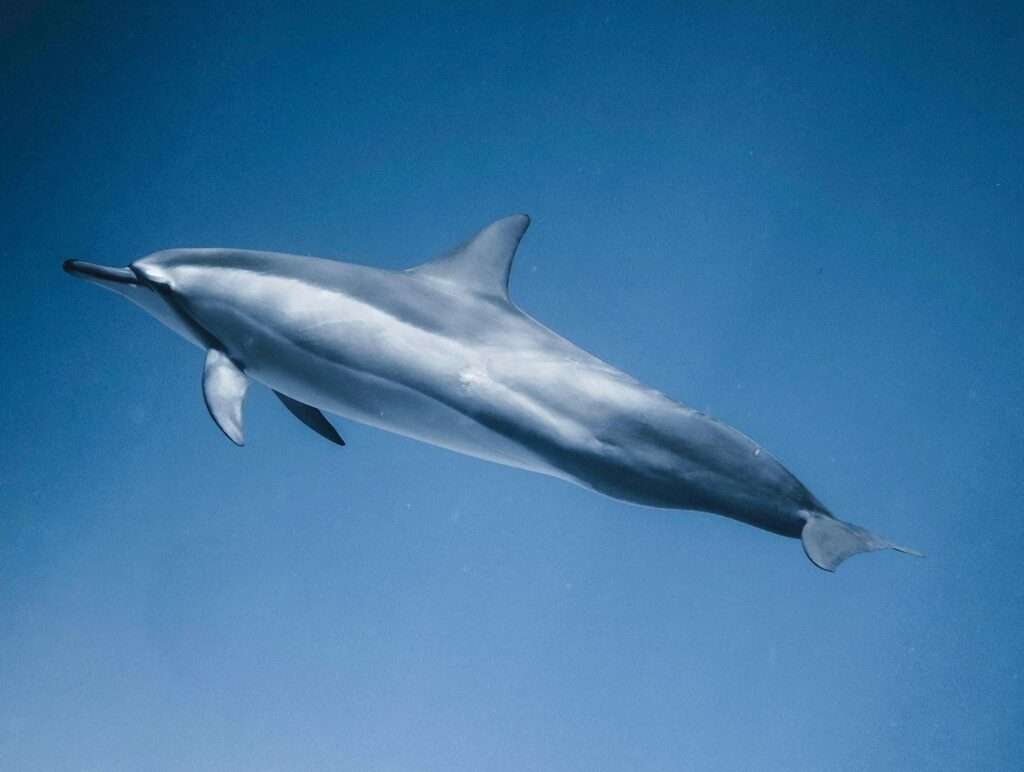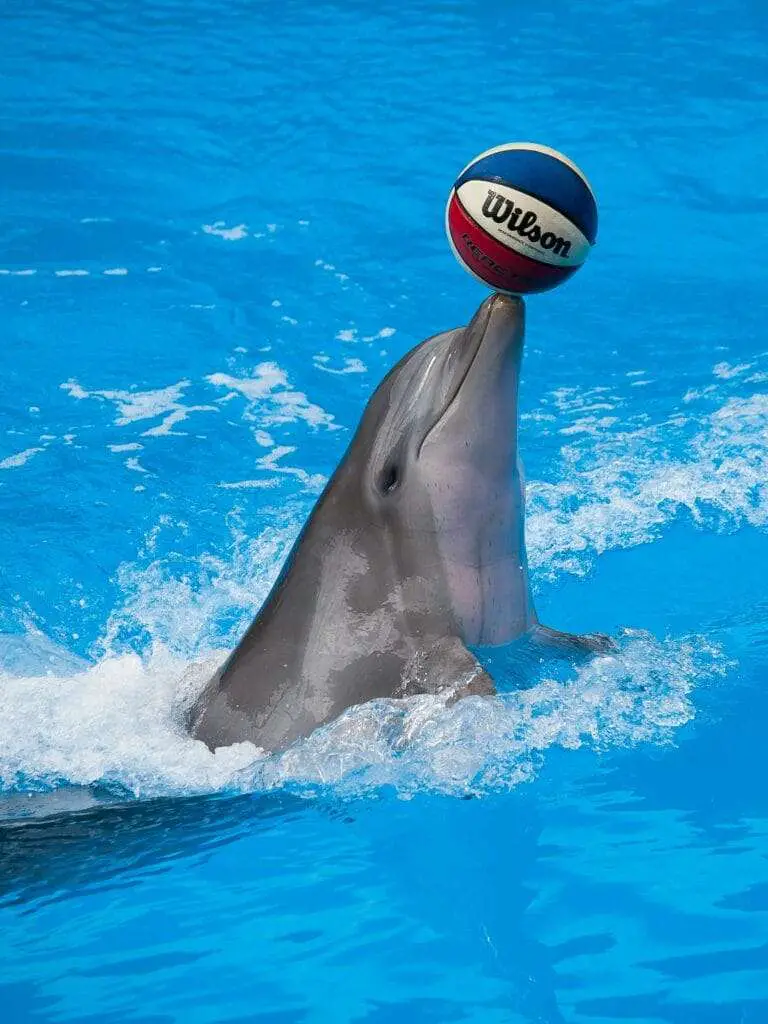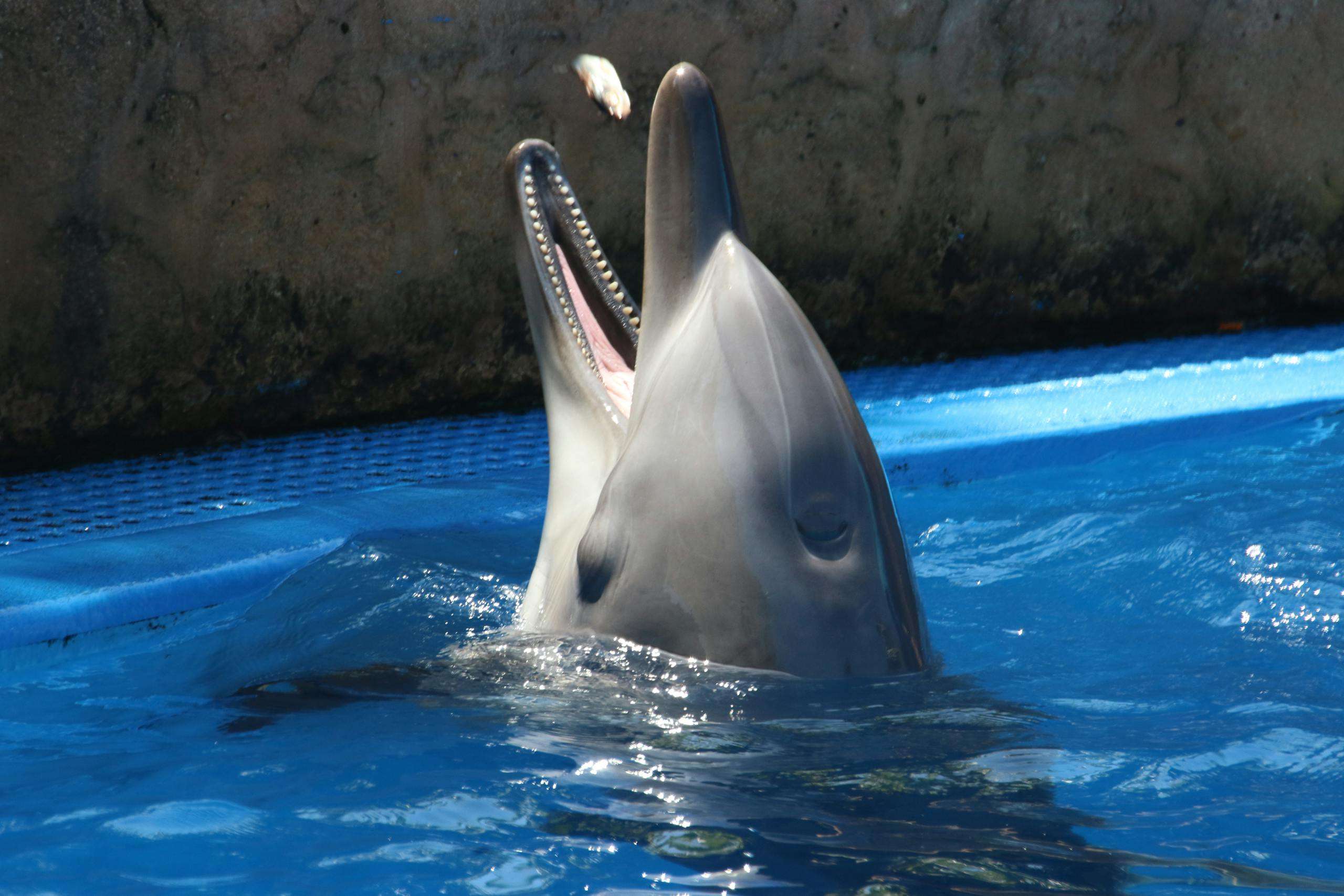Is Dolphin Halal or Haram? A Comprehensive Islamic Perspective
The halal or haram status of dolphins has sparked debate among Islamic scholars, particularly due to their classification as marine mammals. Understanding whether dolphins can be consumed according to Islamic dietary laws is essential for Muslims who follow these guidelines strictly.
So, is dolphin halal or haram in Islam?
Answer: Dolphins are generally considered haram by most Islamic scholars.
What Are Dolphins?
Dolphins are marine mammals, meaning they are warm-blooded, give birth to live young, and have lungs for breathing air. Unlike fish, dolphins are part of the cetacean family, which also includes whales and porpoises.
Dolphins are known for their intelligence, social behaviors, and communication skills. The key distinction between dolphins and fish lies in their biological classification—dolphins are not fish but aquatic mammals.

Islamic Perspectives on Marine Mammals
The question of whether marine mammals like dolphins are halal or haram is rooted in different interpretations of Islamic dietary laws. Most of these rulings revolve around the distinction between sea creatures and land animals.
In Islam, there is a consensus that fish and most sea creatures are permissible to eat. However, marine mammals like dolphins fall into a gray area because they are not fish, and scholars differ in their interpretation of the rules regarding sea animals.
Scholarly Opinions on Eating Dolphins
Hanafi School: Why Dolphins Are Considered Haram
In the Hanafi school of thought, only fish are considered halal from the sea. Since dolphins are classified as mammals, they fall outside the scope of permissible sea creatures. According to the Hanafi interpretation, the Quran allows for the consumption of sea creatures but limits this to fish, thus making dolphins haram.
Shafi’i, Maliki, and Hanbali Schools: Different Views on Sea Creatures
Scholars from the Shafi’i, Maliki, and Hanbali schools generally take a broader approach. They interpret Quranic verses to mean that all sea creatures are halal, regardless of their classification as mammals or fish. However, even in these schools, there is a degree of caution about consuming mammals like dolphins due to their intelligence and unique role in the marine ecosystem.
Quranic Verse on Sea Creatures
The key Quranic verse often cited in discussions about sea creatures is:
“Lawful to you is the game from the sea and its food as provision for you and the travelers” (Surah Al-Ma’idah 5:96).
This verse is interpreted by most scholars to mean that seafood is generally permissible. However, the interpretation of what constitutes permissible “game from the sea” varies.
The Hanafi school interprets this as applying only to fish, while other schools allow for the consumption of all sea creatures, including dolphins.

Are Dolphins Halal or Haram?
Based on Islamic jurisprudence, dolphins are generally considered haram, especially according to the Hanafi school, which limits permissible sea creatures to fish.
The Shafi’i, Maliki, and Hanbali schools are more permissive but still advise caution regarding marine mammals like dolphins, due to their classification as mammals and ethical concerns surrounding their intelligence and conservation status.
Final Take
Dolphins are largely considered haram in Islam, particularly within the Hanafi school due to their classification as mammals.
While other schools of thought may take a more lenient approach, it is still widely advised to avoid consuming dolphins, given their unique status as intelligent marine mammals.
Frequently Asked Questions
Are dolphins considered fish in Islam?
- No, dolphins are classified as mammals, not fish, and this influences their halal status.
Are all sea creatures halal in Islam?
- Most sea creatures are halal, but mammals like dolphins are generally considered haram by some scholars, particularly in the Hanafi school.
Is it permissible to eat dolphins according to the Shafi'i school?
- While the Shafi'i school generally permits all sea creatures, some scholars still advise against eating dolphins due to their mammal status.






